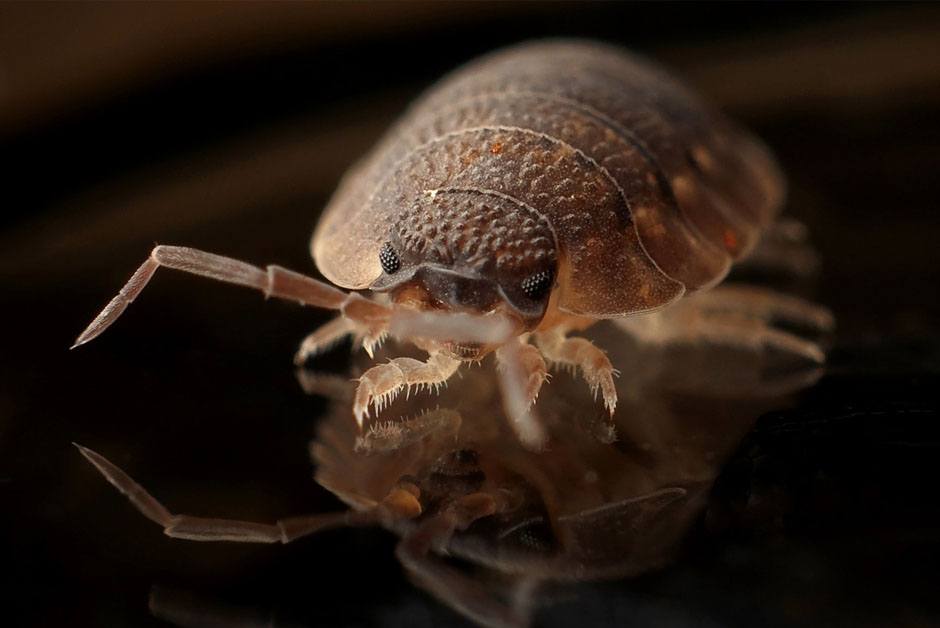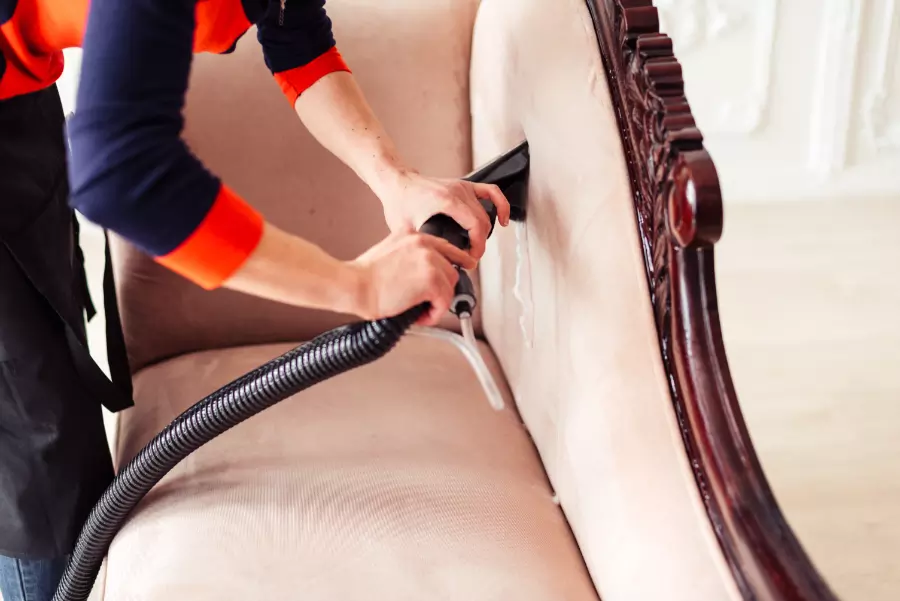Experiencing a flea infestation can be an uncomfortable experience. Once you have identified a flea problem in your home or business, call a flea pest control expert straight away to deal with it. But why are fleas a problem? We explore below the problems caused by fleas and how to prevent them.
Our pest control services in Staffordshire regularly help customers deal with flea infestations.
What are the signs of a flea infestation?
There are a few telltale signs that you may have a flea infestation. These include:
- You can see fleas jump around your carpets, clothing or furniture.
- Your pets are scratching, licking or biting their fur excessively.
- You notice tiny dark fleas on your pet and in their coat.
- Brown or black dirt in your pet's coat (flea faeces).
You may find that your pets have hair loss in an area of their coat that is particularly affected by fleas and ticks. They may also show signs of having pale gums from blood loss. If your pets are also suffering from tapeworms, this may be a sign of a flea infestation. Some species of tapeworm use fleas as their hosts, which are then transferred to your pets when the fleas feed on them.
Why are Fleas So Hard to Eliminate?
Fleas are an incredibly prolific pest, and if you've noticed a few around your home, then there are far more than you haven't seen. Most cat fleas or dog fleas live in the environment as pupae or eggs, with only 5% of fleas living in your home as adult parasites. And given that female fleas can lay up to 50 eggs per day, the fleas you can see are just the beginning.
Fleas, therefore, multiply incredibly quickly. While you may be able to deal with adult fleas by hoovering or using flea fog devices, if you do not break the flea lifecycle of eggs/larvae hatching, you will be suffering from fleas all year round.

To do this, you will have to treat your home simultaneously. This involves treating your pets with anti-flea treatments, as well as cleaning any of their beds or toys. At the same time, you will need to treat your home, thoroughly hoovering all of the tiny dark crevices that flea larvae might be in. You will need to treat outdoor spaces as well, such as your garden, where fleas jump onto your pets.
What happens if you leave fleas untreated?

One of the main consequences of leaving fleas untreated is the discomfort they can bring to your pets. Some pets may even suffer from Flea Allergy Dermatitis. This condition produces allergic reactions to flea bites and saliva, where your pet's skin will become red and inflamed. They will incessantly scratch, lick and bite out their fur in affected areas, mainly around the base of the tail and groin.
As previously mentioned, fleas are also one of the main ways your pet can become infested with tapeworms. If you leave your flea problem unresolved, then you can expect your pets to suffer from more and more tapeworms. Smaller pets, such as small dogs and cats, may even develop Flea-bite anaemia.
Given that smaller pets need to hold on to more of their blood to remain healthy, when compared to larger pets, having fleas on your pet can lead to significant problems. Older pets cannot produce red blood cells as quickly as younger pets, so flea infestations can also be severe if you have elderly pets.
Do fleas go away on their own?
Unfortunately, unless you are very fortunate, fleas will not just go away on their own. Especially if you have pets, fleas will continue to show up in your home unless you take action. As an insect, fleas multiply very quickly, and you will have to break the process by which the adult female fleas are allowed to lay their eggs, and the eggs are allowed to hatch.
Ultimately you will need to maintain constant vigilance, looking for signs that fleas are still in your home. While doing this, you can go about attempting to disrupt the lifecycle to help reduce the number of fleas in your home. There are numerous flee products that you can use to help with this.
How to Get Rid of Fleas in Your House
Given that they are the easiest ones to tackle, the first step in removing fleas from your home is to get rid of all the adults. To do this, you can purchase a flea trap and lay it in locations throughout your home to catch as many adult fleas as possible. While homemade remedies, such as leaving warm bowls of water out at night, may seem an easier option, they will not work as effectively as a proper flea trap.
As well as purchasing flea traps, regular vacuuming is another best way to get rid of adult fleas from your home. It may take a couple of attempts over a few days in the same location to hoover up most adult fleas. But, the comfort it will bring to you and your pets is worth the effort. After hoovering, dispose of the content as quickly as possible, preferably outside, to ensure that any living fleas do not escape back into your home.
The next step is to wash all soft materials that you think have come into contact with fleas. This means bedding linens, clothes, carpets as well as your pet's bedding. Fleas are hardy pests, but they can not survive boiling hot water. Using soap will also prevent fleas from escaping a scalding demise. This will also destroy any flea eggs or pupae that may have been left in the materials.
While it's impractical to attempt to clean absolutely every surface in your home thoroughly, a handy tip is to purchase a UV vacuum. These devices blast small pests and tiny creatures you can't see with UV light, destroying their DNA. This is a brilliant way to quickly and efficiently rid those hard to reach places of any pests.

After removing the adult fleas and their eggs from your home, the next step is to tackle your pets. Getting a flea comb and thoroughly cleaning your pet's coat is the best way to ensure they are free of fleas and ticks.

After brushing, it is best to bathe your pets. Using a good brand of flea shampoo or flea treatment is the best way to help keep your pet's coat clean and free of parasites. While your pets may hate this step, it is essential as a way to remove any fleas that your brushing missed. Using high-quality shampoos will also help to soothe your pet's skin if they have any nasty flea bites.
But while you've just bottomed your entire house and scrubbed your pets, you're still likely to have missed a few fleas - nuisances that they are. The final step is to treat the surfaces of your home with anti-flea treatment regularly. Sprays often work best, treating the areas where fleas hide directly rather than smoke bombs or fog devices. You can find anti-flea sprays with all-natural ingredients to help you to maintain flea control.
Can Fleas Live on Humans?
Despite what you may have heard elsewhere, fleas can and do live on humans. We are just as good a source of a blood meal for them as our pets. However, given a choice, fleas will opt to bed down in your pet's fur as it provides them with a cosy space to lay their eggs. Fleas can live in human hair, but given that human hair is more regularly washed than your pets or your furniture, it is not the best place for them to live.
Are you looking for flea pest control?
Do you have a flea problem in Burton upon Trent or Staffordshire?
If you would like to find out more information about the flea pest control services we offer follow the link below.
Flea Pest Control

